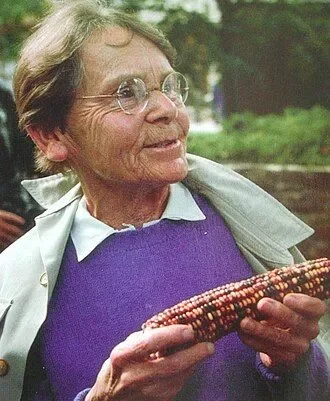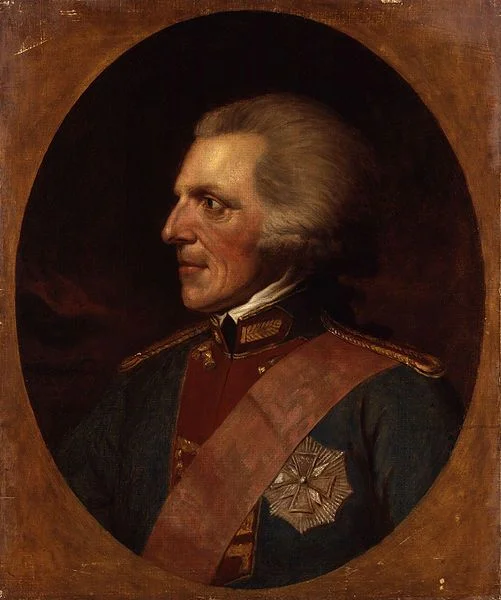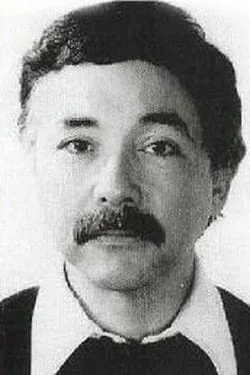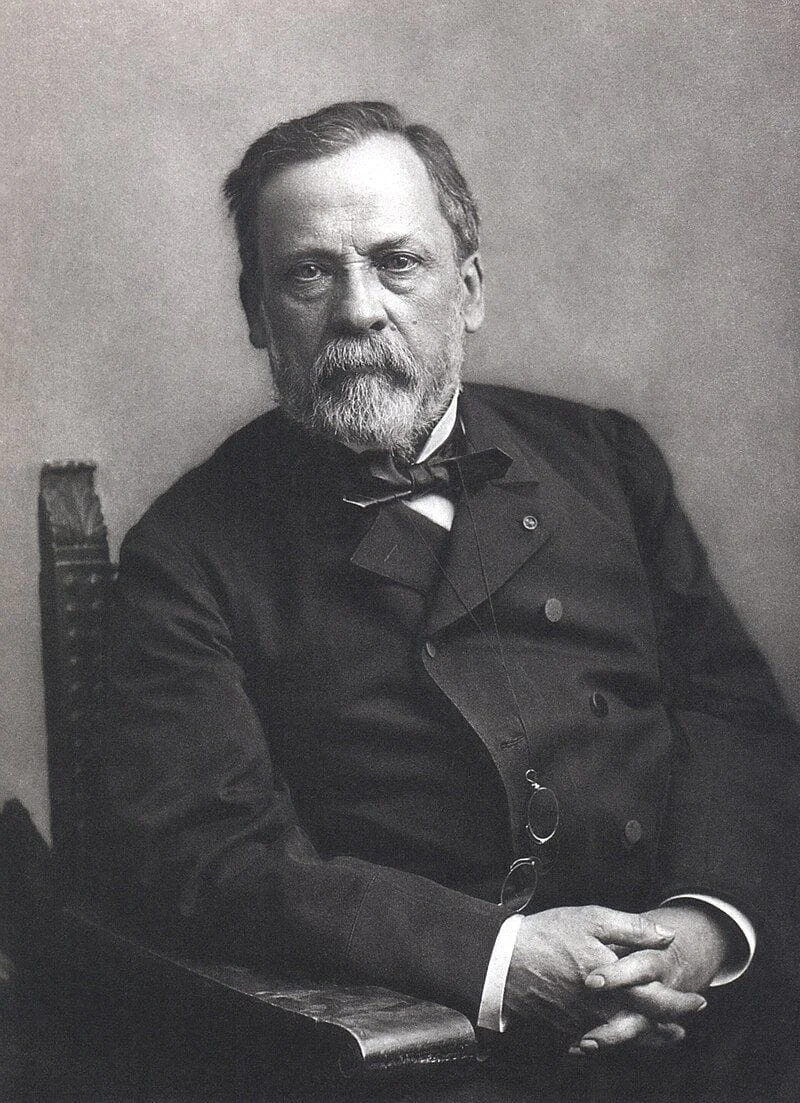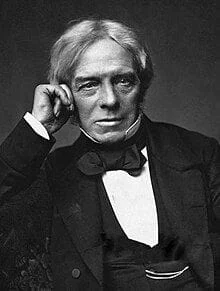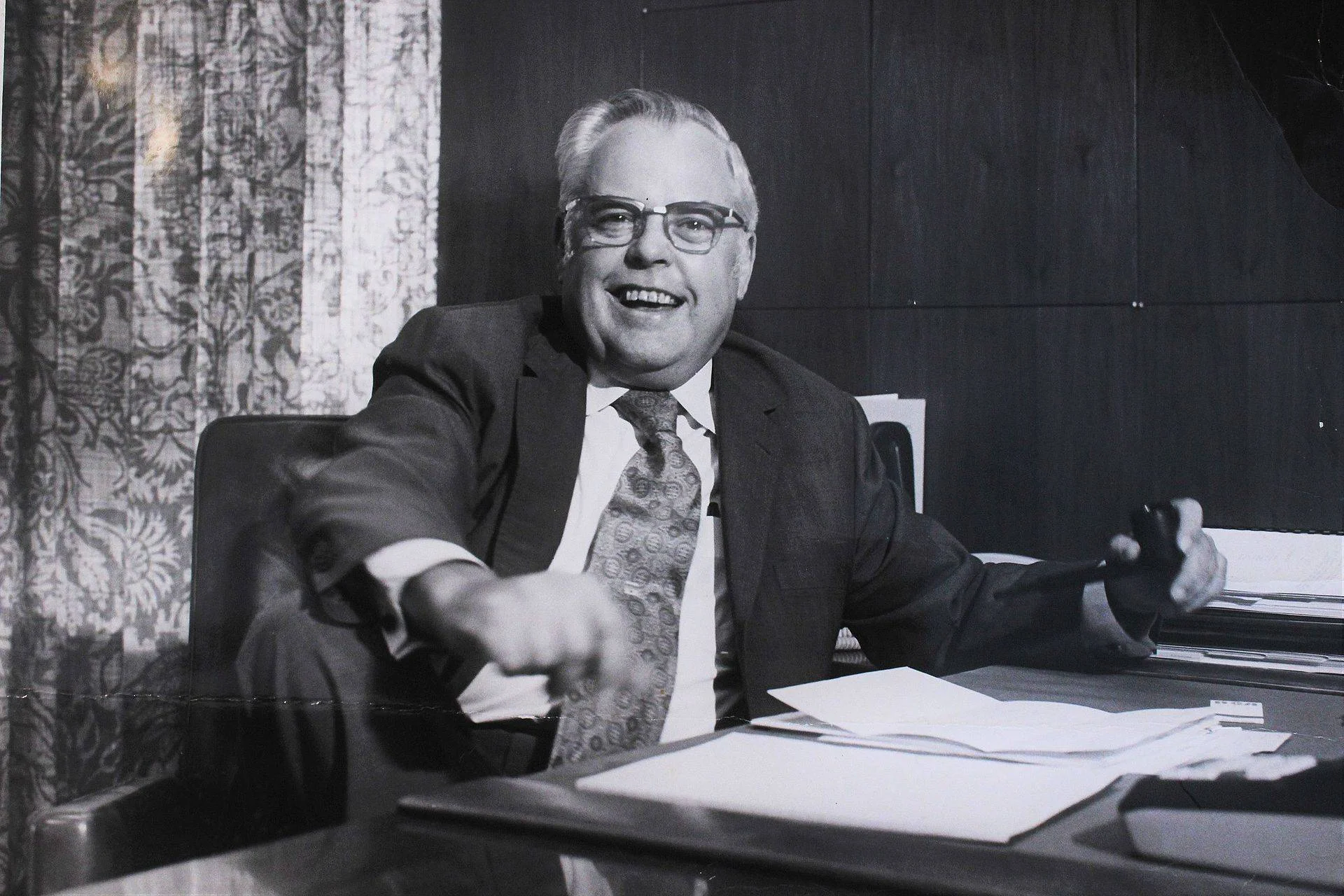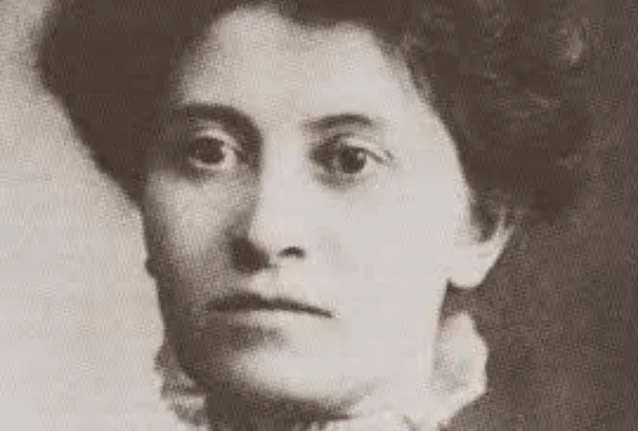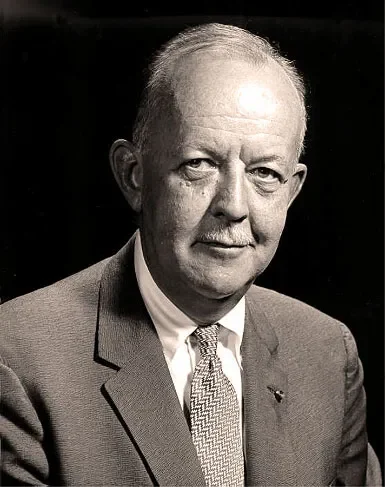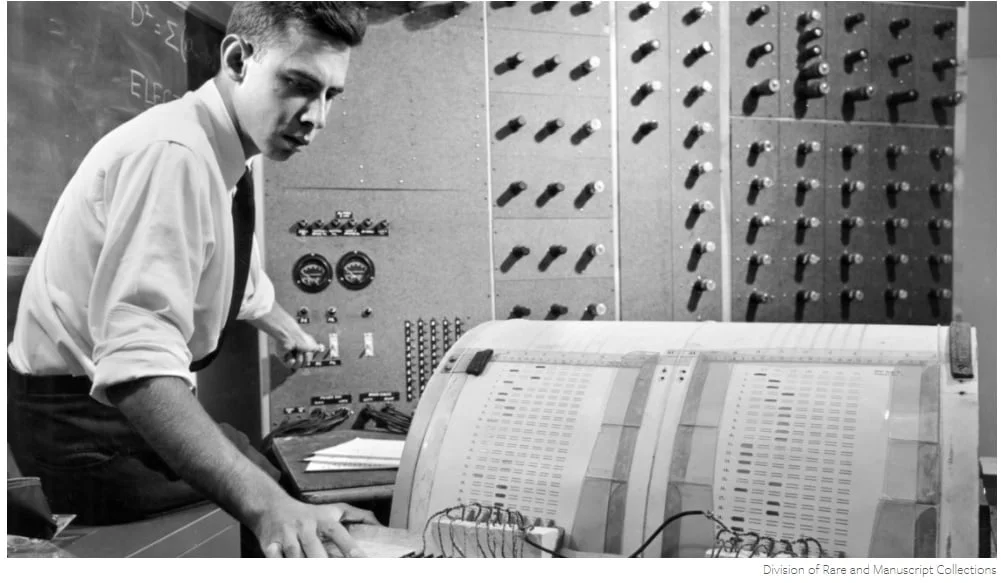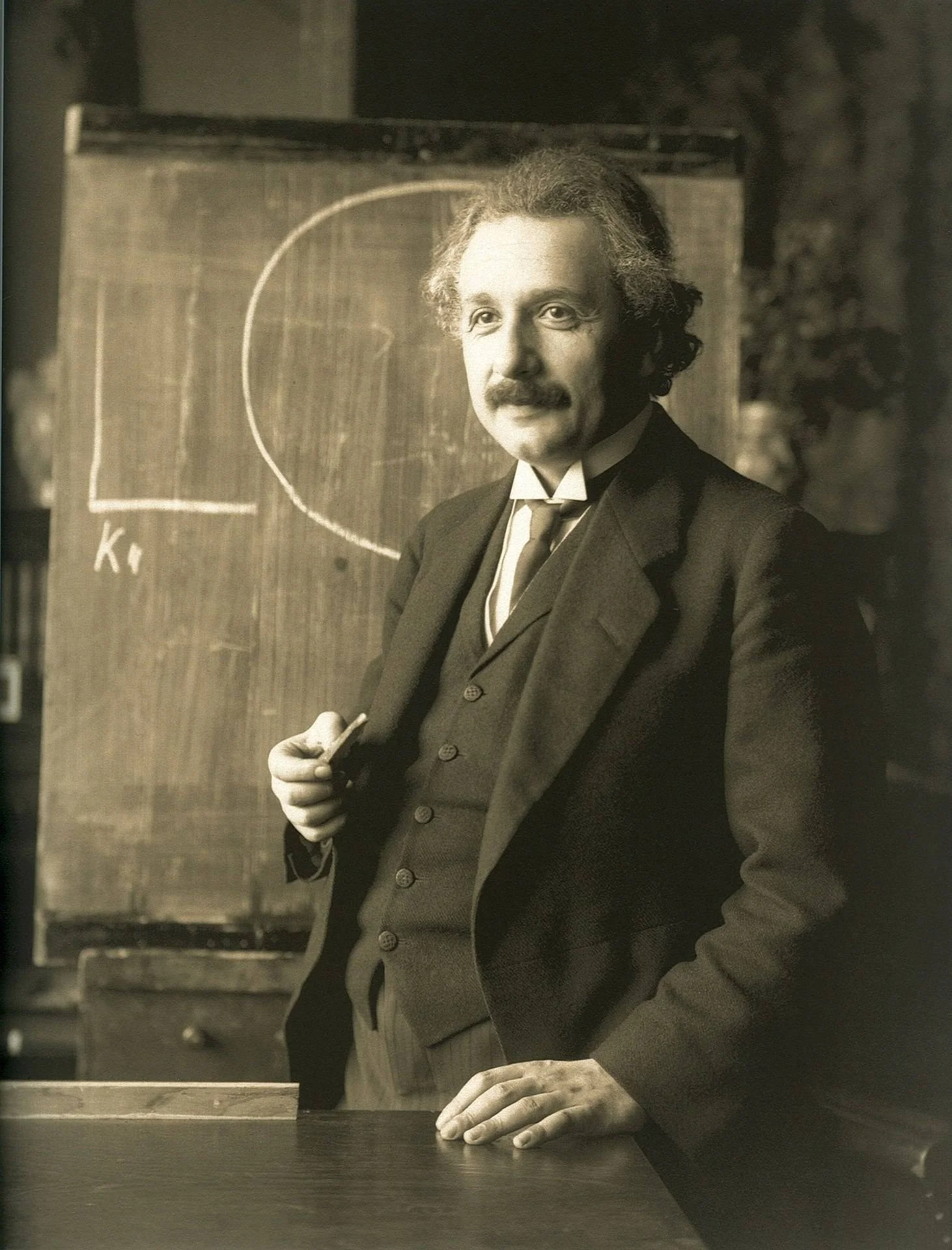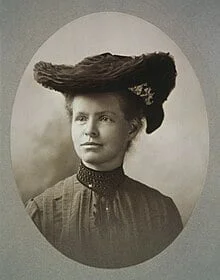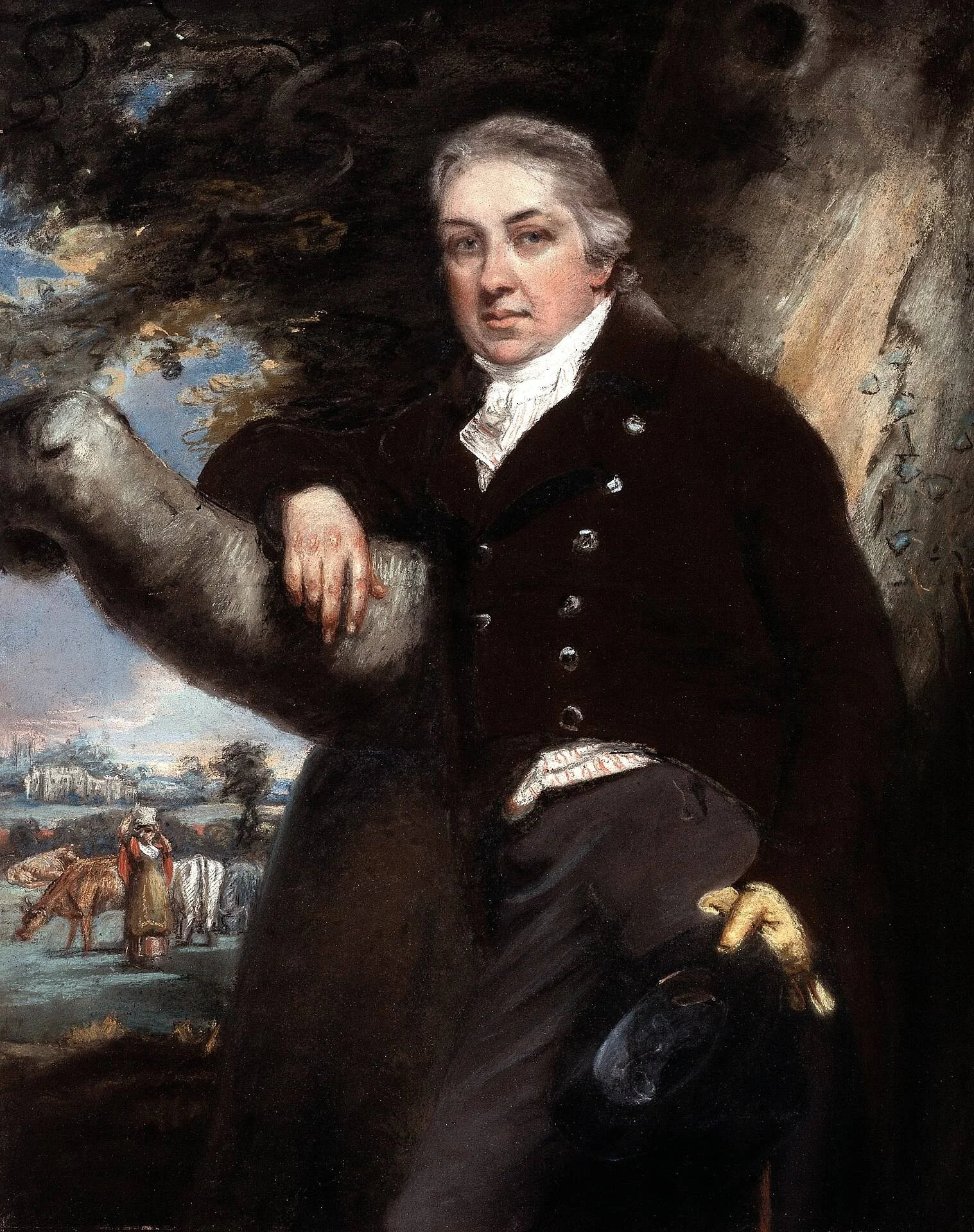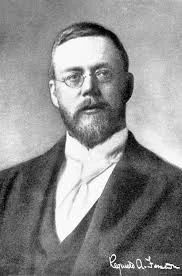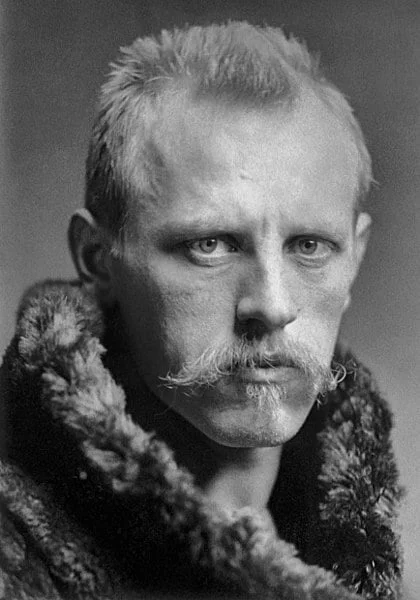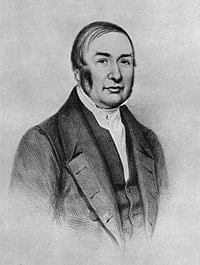Real Celebrities Never Die!
OR
Search For Past Celebrities Whose Birthday You Share
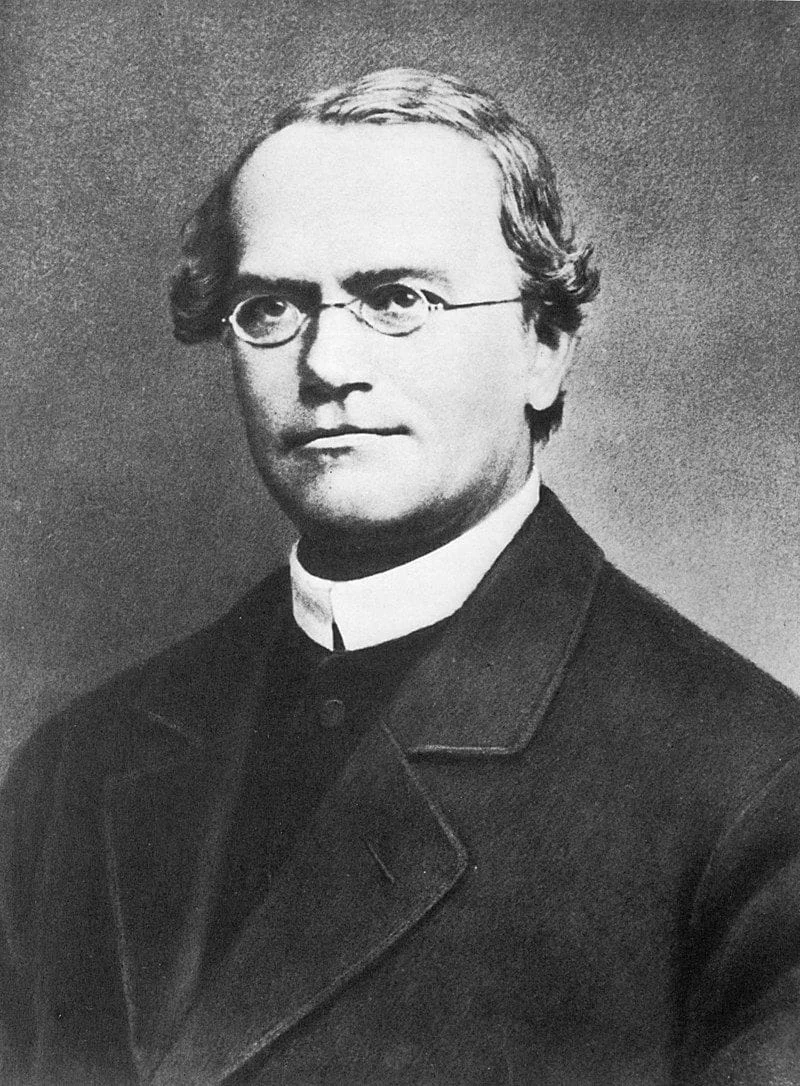
source:wikipedia.org
Gregor Mendel
Birthday:
20 Jul, 1822
Date of Death:
06 Jan, 1884
Cause of death:
Chronic nephritis (kidney inflammation)
Nationality:
Austrian
Famous As:
Augustinian Friar
Age at the time of death:
61
Gregor Mendel's Quote's
Early Life and Family Background
Gregor Johann Mendel, the father of modern genetics, was born on July 20, 1822, in Heinzendorf, Silesia, which was then part of the Austrian Empire. Now it is known as Hynčice in the Czech Republic. Gregor Mendel was born into a family of peasant farmers named Anton and Rosine Mendel.
Johann, who grew up in rural Moravia, displayed a natural talent for learning and a deep fascination with the natural world. His parents, fully aware of his capabilities, ensured he received an education beyond the school in their village. Theresia, Johann’s sister, selflessly gave up her share of the family estate to support her brother’s studies.
Education and Formative Years
Gregor Mendel experienced both academic promise and personal challenges during his formative years. He excelled in studies but he was affected by the financial struggle of his family. Mendel had to take time off twice during his early education due to severe depression.
Mendel persisted despite these setbacks. In 1840, he finished his Gymnasium studies and enrolled in a two-year philosophy program at the Philosophical Institute of the University of Olmütz. Mendel’s passion for physics and mathematics thrived here, setting the stage for his scientific future.
Entering the Monastery
In 1843, Mendel made a major decision between the family farm and scholarship. He joined the Augustinian monastery of St. Thomas in Brünn and took the name Gregor as a novice. The move supported his education and scientific curiosity.
Mendel became a priest in 1847, but preferred teaching and research. He discovered his true passion as a substitute teacher after a tough period as a parish priest. However, his attempts to gain formal teaching certification were met with failure, which changed his life.
Advanced Studies and Scientific Training
Recognizing Mendel’s potential, Abbot Cyril Napp sent him to study at the University of Vienna from 1851 to 1853. This period exposed Mendel to innovative science and rigorous experiments, transforming him. Mendel learned from scientists like Doppler and Unger. Later these skills helped him revolutionize genetics.
Groundbreaking Experiments
Mendel conducted his famous pea plant experiments upon returning to the Brünn monastery. For eight years, he carefully bred and studied numerous pea plants, revealing the basic laws of heredity. His work was a masterpiece of experimental design and statistical analysis, far ahead of its time.
In 1865, Mendel presented his findings to the Natural History Society of Brünn. Following year, he published his seminal paper, “Experiments on Plant Hybridization”. Tragically, the significance of his work went largely unrecognized during his lifetime. The scientific community of his time, largely ignored his publication.
Later Life and Career
Mendel continued his scientific pursuits even though his works were not recognized. He expanded his experiments to include bee breeding and meteorology. His life changed in 1868 when he became the abbot of his monastery. Although his research was affected by administrative duties, his passion for science continued.
Personal Life
Mendel’s personal life was largely defined by his commitment to the church and his scientific work. As a monk, he never married or had children. However, he maintained close relationships with his family, particularly his sister Theresia and her children. Mendel was known for his gentle nature, intellect, and dry humor. He humorously called his pea plants his “children” and cared for them like a devoted parent.
Death and Legacy
Gregor Mendel passed away on January 6, 1884, in Brünn, at the age of 61. The cause of his death was chronic nephritis, a kidney ailment. Shortly before his death, Mendel remarked, “My scientific labors have brought me a great deal of satisfaction, and I am convinced that before long the entire world will praise the result of these labors”.
In 1900, sixteen years after his death, his work was rediscovered independently by three botanists: Hugo de Vries, Carl Correns, and Erich von Tschermak. The rediscovery revolutionized biology and led to the birth of genetics.
Impact and Contributions
Today, Gregor Mendel is celebrated as the father of genetics. His laws of inheritance – the law of segregation and the law of independent assortment – form the foundation of modern genetic theory. He was ahead of his time in using math in biology, paving the way for quantitative heredity studies.
Mendel’s life story is a testament to the power of curiosity, perseverance, and meticulous observation. From farmer’s son to pioneering scientist, Mendel’s story represents scientific inquiry. His work transformed our understanding of heredity and laid the foundation for advances in medicine, agriculture, and evolutionary biology. Gregor Mendel’s work with pea plants transformed our understanding of life in scientific history.
Name:
Gregor Mendel
Popular Name:
Gregor Mendel
Gender:
Male
Cause of Death:
Chronic nephritis (kidney inflammation)
Spouse:
Place of Birth:
Heinzendorf, Austrian Empire (now Hynčice, Czech Republic)
Place of Death:
Brno, Austria-Hungary (now Czech Republic)
Occupation / Profession:
Personality Type
Architect: Imaginative and strategic thinkers, with a plan for everything. Mendel’s scientific mindset, analytical thinking, and visionary approach to solving problems, such as understanding heredity, align with the Architect personality type.
He conducted over 29,000 pea plant experiments.
He was also interested in meteorology and beekeeping.
Mendel’s work was largely ignored during his lifetime and only gained recognition posthumously.
Mendel’s work went unrecognized until the early 20th century when genetics emerged as a field.
Conducted pioneering experiments with pea plants, revealing dominant and recessive traits.
Discovered the fundamental laws of inheritance (Mendel’s Laws).
His work laid the foundation for modern genetics and heredity studies.
Posthumously recognized as the “Father of Genetics.”

